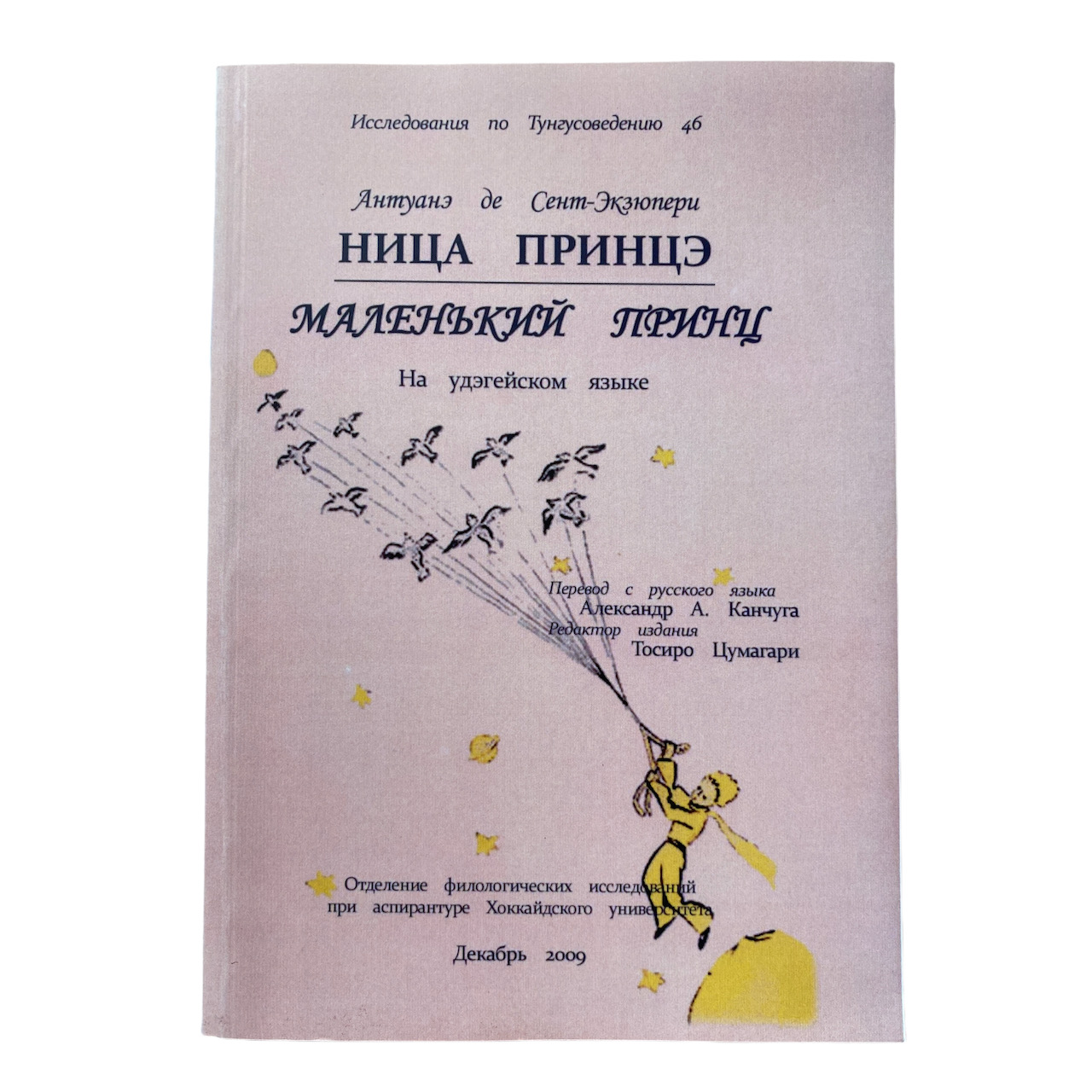
Ница Принцэ / Nitsa Printse — in Udege language.
The Udege language (Удэгейский язык) belongs to the Tungusic branch of the Altaic language family, closely related to other Tungusic languages like Nanai, Evenki, and Manchu. It is spoken by the Udege people, an indigenous group primarily residing in the Primorsky Krai region of the Russian Far East, near the Amur River and its tributaries.
Udege has a complex system of vowels and consonants, including vowel harmony, a feature common among Tungusic languages. This means the vowels within a word harmonise to be either all front or all back vowels, affecting word formation and inflection. The language exhibits agglutinative characteristics, meaning that it forms words and expresses grammatical relationships through the addition of various affixes to a base word. This includes cases for nouns and tense/aspect/mood markers for verbs.
The Udege language is considered endangered, with a small and decreasing number of speakers. The latest estimates suggest that out of the Udege population of around 1,500 people, only a few hundred are fluent speakers, mostly among the older generation. The language’s vitality is threatened by the dominant use of Russian in education, media, and public life, leading to language shift among younger Udeges.

Download the PDF file here: [LINK]


